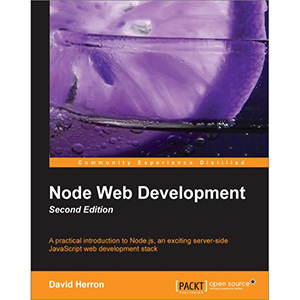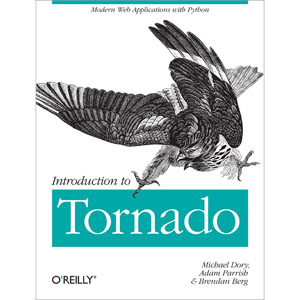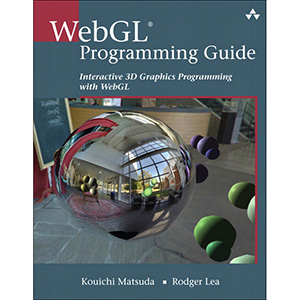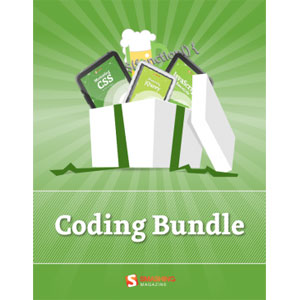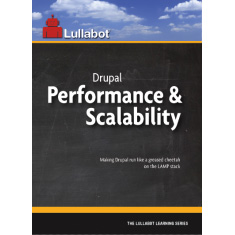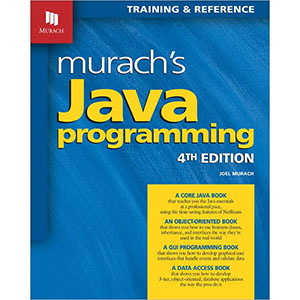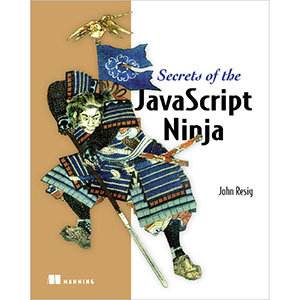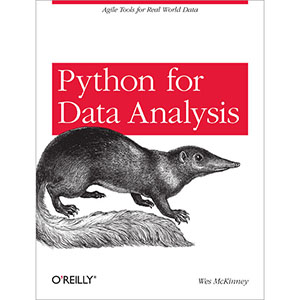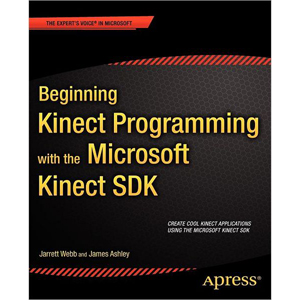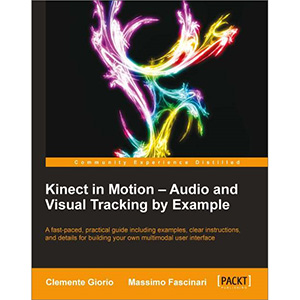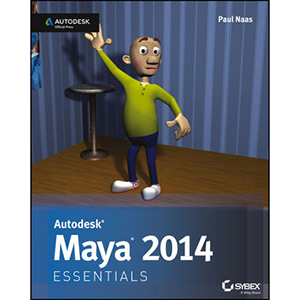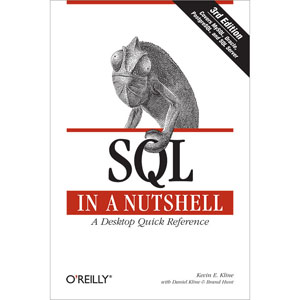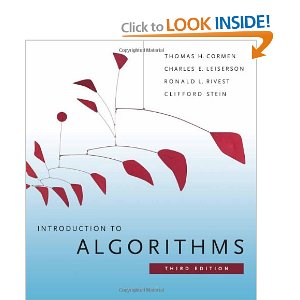The Definitive Guide to HTML5
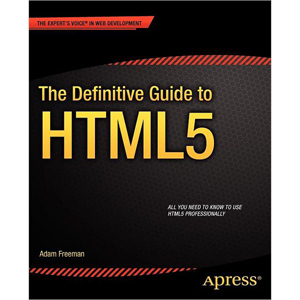
The Definitive Guide to HTML5 provides the breadth of information you’ll need to start creating the next generation of HTML5 websites. It covers all the base knowledge required for standards-compliant, semantic, modern website creation. It also covers the full HTML5 ecosystem and the associated APIs that complement the core HTML5 language.
The Definitive Guide to HTML5 begins by tackling the basics of HTML5, ensuring that you know best practices and key uses of all of the important elements, including those new to HTML5. This section also covers extended usage of CSS3, JavaScript, and DOM manipulation, making you proficient in all core aspects of modern website creation.
The final part of the book covers the associated W3C APIs that surround the HTML5 specification. You will achieve a thorough working knowledge of the Geolocation API, web storage, creating offline applications, and the new drag and drop functionality. The Definitive Guide to HTML5 also dives into the key media enhancements of HTML5 and its surrounding technologies: Canvas, video and audio.
What you’ll learn
- How to use all of the core features of HTML5
- How to make the most of the APIs that surround HTML5, such as Geolocation, Web Storage, and drag and drop
- How to leverage the media capabilities of the modern web: Canvas, audio, and video
Who this book is for
Web developers and designers who want to increase their HTML5 skills to create modern, standards-compliant websites.
Table of Contents
- Putting HTML in Context
- Getting Ready
- Getting Started with HTML
- Getting Started with CSS
- Getting Started with JavaScript
- HTML Elements in Context
- Creating HTML Documents
- Marking Up Text
- Grouping Content
- Creating Sections
- Working with Tables
- Working with Forms
- Customizing the Input Element
- Other Forms Elements & Input Validation
- Embedding Content
- CSS In Context
- Using the CSS Selectors – Part I
- Using the CSS Selectors – Part II
- Using Borders &Backgrounds
- Working with the Box Model
- Creating Layouts
- Styling Text
- Transitions, Animations & Transforms
- Other CSS Properties & Features
- The DOM in Context
- Working with the Document Object
- Working with the Window Object
- Working with DOM Elements
- Styling DOM Elements
- Working with Events
- Using the Element-Specific Objects
- Using Ajax – Part I
- Using Ajax – Part II
- Working with Multimedia
- Using the Canvas – Part I
- Using the Canvas – Part II
- Using Drag & Drop
- Using Geolocation
- Using Web Storage
- Creating Offline Applications
Book Details
- Paperback: 1080 pages
- Publisher: Apress (December 2011)
- Language: English
- ISBN-10: 1430239603
- ISBN-13: 978-1430239604
